Top news stories of 2022
By Alice Brooker2022 has been marked by news stories that have affected the spirits industry, from war in Ukraine to the end of a major tariff dispute, and trouble for the UK’s hospitality sector.

*This feature was originally published in the December 2022 issue of The Spirits Business magazine.
Brands react to Russia-Ukraine war
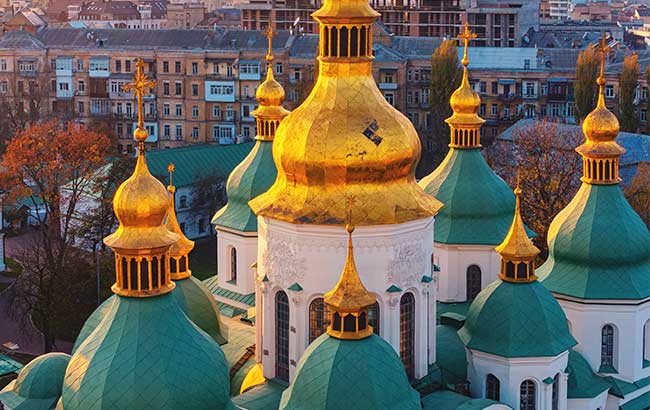
Following Russia’s invasion of Ukraine on 24 February, spirits brands took action throughout the year in support of Ukraine. On 26 February, Ukrainian distillery Nemiroff revealed it had temporarily closed, as employees had joined the army to defend the nation against the invasion.
In March, Stoli Group rebranded to be exclusively sold and marketed as Stoli, “to represent peace in Europe and solidarity with Ukraine”, said its founder, Yuri Shefler.
In the UK, a 35% tariff was slapped on Russian goods including vodka, and operators of London bars removed Russian-made alcohol from their shelves, as did the country’s supermarkets with Russian vodka. US and Canadian provinces, including Ontario, also removed all alcoholic products produced in Russia from their stores. Furthermore, Bacardi donated US$1 million to support humanitarian efforts in Ukraine. It was among a number of spirits firms to suspend exports to Russia.
American whiskey celebrates end of tariffs
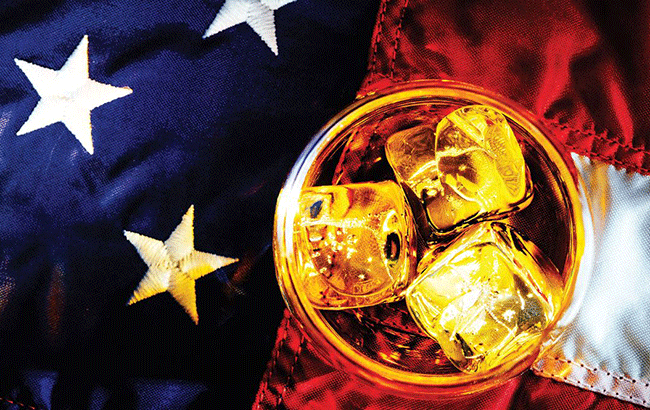
In March, a new tariff agreement was reached between the US secretary of commerce Gina M Raimondo and US trade representative Katherine C Tai with the UK: the latter’s steel and aluminium products could enter the US without tariffs.
Former US president Donald Trump had imposed punitive tariffs in 2018. In retaliation, the UK and the EU inflicted more than US$500m worth of tariffs on US goods, including American whiskey, but EU tariffs on American whiskey were abolished in January 2022 for two years.
The US negotiated an agreement with the EU in June 2021 to lift retaliatory tariffs on American rum, brandy and vodka for five years, effective 11 July 2021.
Between January 2022 and July 2022, American whiskey exports rose by 22%, compared with the same period last year. Trade body the Distilled Spirits Council of the US said the permanent removal of all retaliatory tariffs on American spirits exports must be ‘top priority’.
TTB proposes American single malt definition
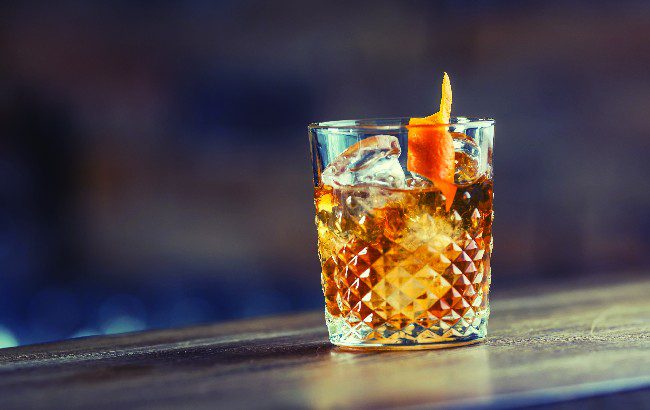
In April, the Distilled Spirits Council of the US (Discus) and the American Single Malt Whiskey Commission (ASMWC) formed a coalition to send a letter to the Alcohol and Tobacco Tax and Trade Bureau (TTB), urging the government body set a new standard for American single malts.
The news of the TTB publishing its proposed definition for American single malt broke in August. The new standard dictated that to be labelled as a US-made single malt, the liquid must be distilled entirely at one American distillery, and must be mashed, distilled, and aged in the US.
It must also be made of 100% malted barley, stored in an oak barrel of 700 litres or under, and be bottled at 40% ABV or higher.
Discus president and CEO Chris Swonger said: “The establishment of standards of identity for American single malt whiskey is a clear recognition that this… category is unique and deserves to be defined and protected as a distinctive product of the US.”
Brown-Forman makes big buys
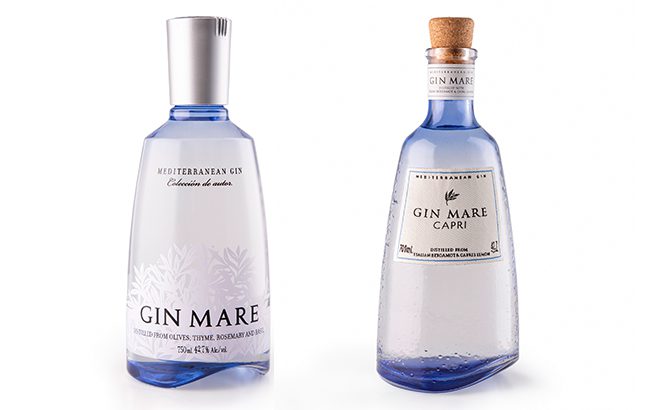
Drinks giant Brown-Forman made two major brand acquisitions in 2022, both for undisclosed sums: ultra-premium Gin Mare, and Venezuelan rum Diplomático. The Jack Daniel’s owner agreed to buy Gin Mare and Gin Mare Capri from spirits distribution firm Vantguard and family-owned producer MG Destilerías.
According to IWSR data cited by the brand, Gin Mare is the largest ultra-premium gin brand in the world, while Diplomático is the number-one ultra-premium rum, and the second-biggest-selling super-premium rum worldwide.
Brown Forman’s purchase of Diplomático marked the company’s first foray into the rum category.
The deal involved the acquisition of the rum brand and its assets, including a production facility in Panama, from Spain’s Destillers United Group. Destillers United Group will continue to produce the rum at the original distillery, based at the foot of the Andes Mountains.
United Spirits pauses sales in Indian States

In August, Diageo’s Indian arm revealed it had “temporarily suspended” sales of several brands in certain Indian states, following ongoing price discussions with government authorities.
While United Spirits did not reveal which brands had seen their sales halted, or which states this was being applied to, a spokesperson said the company was “working closely with state governments through evidence-based dialogue on price advocacy”.
Meanwhile, Bobby Verghese, senior research analyst at Global Data, said the challenge for United Spirits was to “convince state authorities to link alcohol price caps with inflation levels”.
He also said Diageo’s “bold move” to stop sales would “raise the trumpet call for contemporising India’s outdated liquor regulations”.
Each state in India sets its own acohol laws. The news followed United Spirits’ decision to offload 32 brands to Inbrew Beverages for 8.2 billion rupees (US$105.7m).
Diageo acquires Texas’ Balcones Distilling
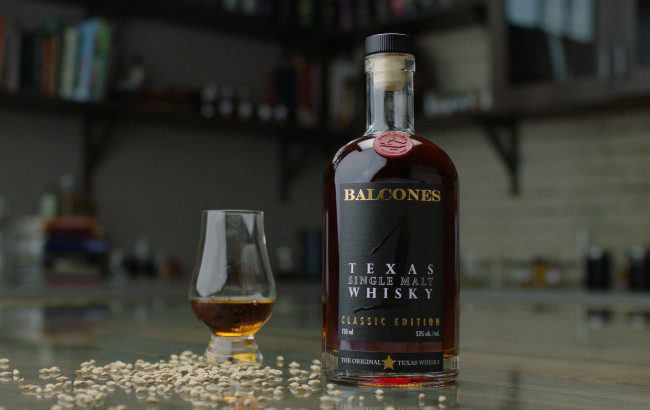
In the latter part of the year, Bulleit owner Diageo continued to make big headlines – this time, for its purchase of Texas-based whiskey producer Balcones Distilling.
Acquired for an undisclosed sum, the distiller is said to be one of the leading producers of American single malt whiskey.
Claudia Schubert, president of Diageo North America, said: “The Balcones team are true innovators and pioneers in the emerging American single malt and Texas whiskey movements, and their super-premium-plus whiskeys are highly complementary to our whisky portfolio.”
Schubert continued: “This acquisition is in line with our strategy to acquire high-growth brands in fast-growing segments, such as super-premium whisky.”
The deal pushes American single malt whiskey further into the spotlight, at a time the category is rallying for the Alcohol and Tobacco Tax and Trade Bureau to pass a definition for its protection in the market.
Devastation for the hospitality sector
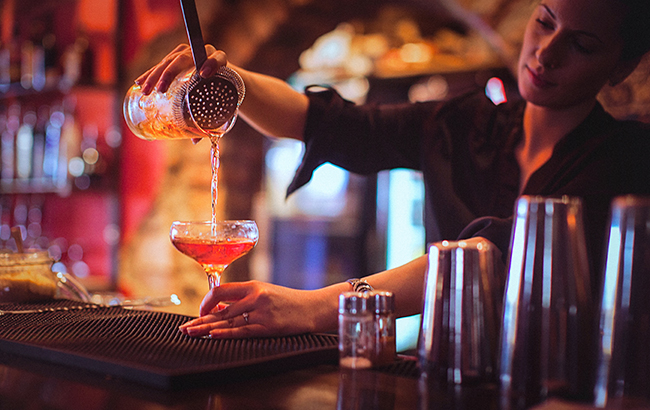
Hospitality in the UK has suffered under major losses in sales, government decisions on VAT and a staffing crisis.
At the start of the year, the true effects of the Covid-19 pandemic on the industry came to light as trade body UK Hospitality revealed that the cost to the sector in lost sales was worth £114.8 billion (US$156.3bn) in two years. Before the pandemic, the hospitality industry would be expected to generate up to £140bn annually in the UK.
This was closely followed by then chancellor Rishi Sunak disappointing industry workers with his spring statement, as he decided to end the 12.5% VAT rate, which jeopardised jobs, according to UK Hospitality.
Canada’s on-trade also suffered in 2022: in November, CGA by Nielsen IQ revealed 22% of consumers polled said they planned to reduce their visits to the on-trade for the rest of 2022 because of inflation and the cost-of-living increases.
Ardbeg cask sells for £16 million
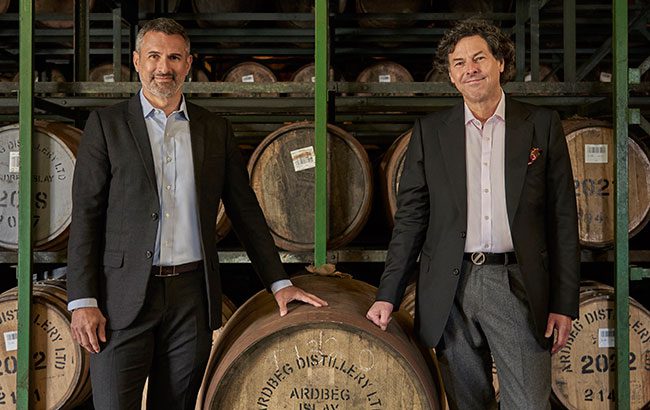
A rare Ardbeg whisky cask sold for a record-breaking sum of £16 million (US$19.3m) in July.
The distillery’s oldest whisky to date went to a private female whisky collector.
The cask contained liquid distilled on Tuesday 25 November 1975.
Cask No. 3 saw new make spirit filled into two separate casks: a Bourbon barrel, and an oloroso Sherry cask. Both casks were left to mature for more than 38 years.
On 31 March 2014, Dr Bill Lumsden, Ardbeg’s director of whisky creation, decided to marry the two casks, and emptied the whisky into a single refill oloroso Sherry butt. The whisky is now 46 years old. CEO Thomas Moradpour said: “This sale is a source of pride for everyone in the Ardbeg community who has made our journey possible.
“Just 25 years ago, Ardbeg was on the brink of extinction, but today it is one of the most sought-after whiskies in the world.”
Alcohol duty freeze U-turn

Last year, then UK chancellor Rishi Sunak labelled the current alcohol duty structure as “outdated”, and said the government would adopt a structure designed on the principle “the stronger the drink, the higher the rate”.
Miles Beale, chief executive of trade body the Wine and Spirit Trade Association (WSTA), said this proposal was “definitely worse for wine, and not great for spirits”.
Fast-forward to September, and then chancellor Kwasi Kwarteng said alcohol duty on beer, wine and spirits would be frozen from February 2023.
In October, the latest chancellor, Jeremy Hunt, said the planned freeze on alcohol duty was cancelled, and that alcohol duty would rise with inflation instead.
The decision has been widely condemned by the industry, with the Scotch Whisky Association partnering with the WSTA and the British Beer and Pub Association to call for a return to a freeze on alcohol duty. In Hunt’s November budget, there was no update on the alcohol duty increase.
Supply chain issues
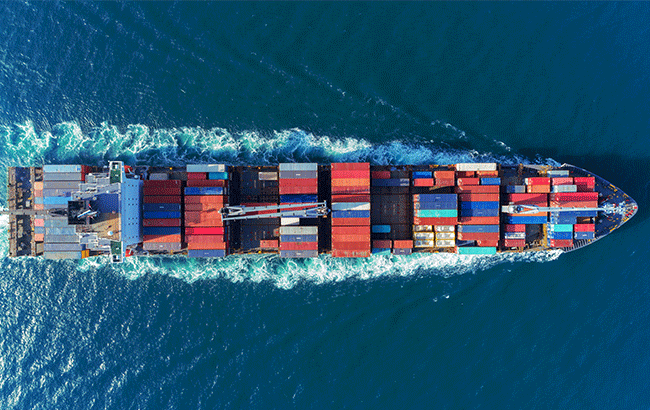
Kinks in the industry’s supply chain hurt many producers, distillers and operators during 2022.
According to data consultancy CGA, nightclub operators were affected, which is just one of the contributors to the UK nightclub sector seeing 20% of its venues disappear in the past three years.
Brands including Illegal Mezcal and Absolut vodka moved to recycled glass, or changed production methods in response to supply chain concerns.
In September, trade body Spirits Europe said 2022 would be “far more challenging” due to the rise in inflation and supply chain disruption, affecting production costs and demand in Europe and other parts of the world.
Also, while exports of US spirits rose by 21% between January and July 2022 following the removal of the EU and UK tariffs on American whiskey, rum and vodka, Discus noted that small distillers were struggling to “regain their footing” in these markets, following supply chain challenges, among other obstacles.
Related news
World Spirits Report 2025: Low & no
